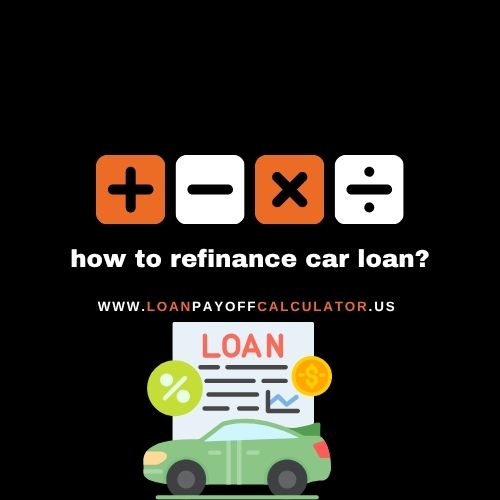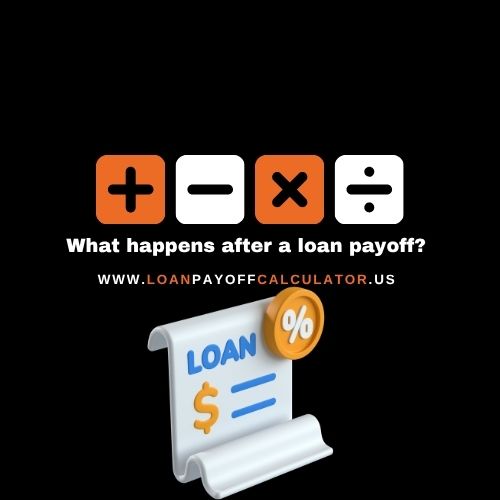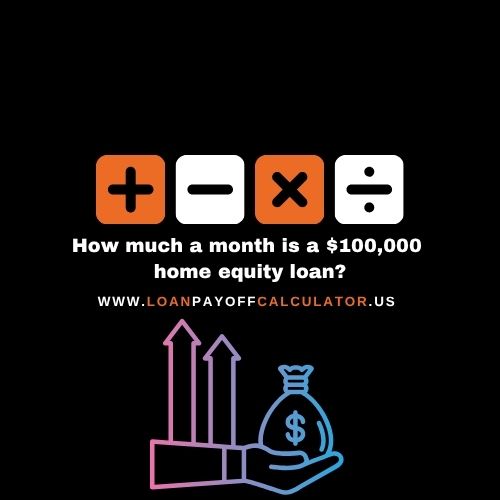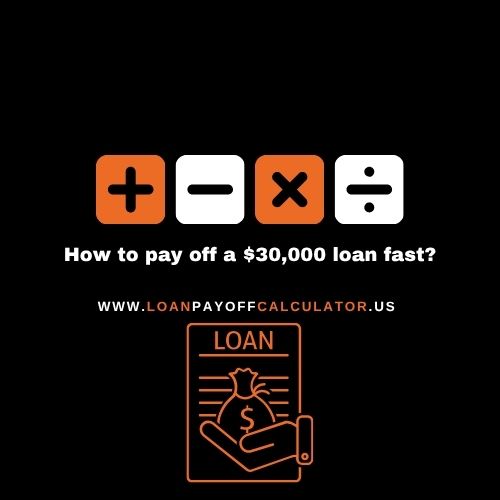How to Refinance Car Loan – Step-by-Step Guide
How to refinance car loan the smart way: Americans refinance auto loans to cut interest rates, lower monthly payments, and pay off debt faster—without guesswork.
In this guide, you’ll get a clear, practical walkthrough of the entire process: when refinancing makes sense, the documents lenders actually ask for, and the common traps that cost people money.
✅ If you’ve been wondering how to refinance car loan without hurting your credit, this article covers everything you need—step-by-step with U.S.-specific tips.
What Does Car Loan Refinancing Mean?
Simply put, car refinance (or refinance car loan) means replacing your current auto loan with a new loan—ideally at better terms. This usually means getting a lower APR, a shorter repayment term to finish sooner, or sometimes a longer term to reduce monthly payments.
Example: If your current car loan is $20,000 at 7% APR, refinancing to 5% APR could save you thousands of dollars in interest over the life of the loan. Even a small drop in APR can make a big difference.
💡 Refinancing doesn’t change the fact you owe money—it changes the cost of borrowing that money.
When Should You Refinance a Car Loan?
Knowing the right timing for refinance car loan can make the difference between saving thousands or barely breaking even. Here are the most common situations where refinancing makes sense:
- 📉 Market interest rates have dropped since you took your loan.
- 📈 Your credit score has improved, making you eligible for better auto refinance rates.
- ⏳ You want to shorten your loan term to finish faster or extend it to lower monthly payments.
⚠️ If you have less than 12 months left on your car loan, refinancing usually isn’t worth it. The fees and effort may outweigh the savings.
Step-by-Step: How to Refinance a Car Loan
Refinancing doesn’t have to be complicated. Follow these simple steps to refinance my car loan and lock in better terms:
- Check your credit score to know where you stand.
- Compare refinance rates from banks, credit unions, and online lenders.
- Apply and get pre-approval from the best option available.
- Gather and provide all required documents (loan details + car info).
- Sign and close the new loan once approved.
| Document | Why It’s Needed |
|---|---|
| Driver’s License or Government ID | Proof of identity |
| Proof of Income (pay stubs, tax returns) | Shows ability to repay the loan |
| Vehicle Information (VIN, mileage) | Confirms the car being refinanced |
| Current Loan Payoff Statement | Shows remaining balance to be refinanced |
✅ Pro tip: Always request a 10-day payoff statement from your current lender—it’s required by most banks and credit unions to finalize your refinance.
Example: How Much Can You Save by Refinancing?
To make the idea of refinancing clearer, let’s look at a simple auto refinance example. Even a 2% reduction in APR can save you over a thousand dollars across the life of a car loan.
| Scenario | APR | Monthly Payment | Total Interest |
|---|---|---|---|
| Current Loan (Original) | 7% | $396 | Higher cost |
| Refinanced Loan (New) | 5% | $377 | Save about $1,140 |
✅ This small difference in interest rate translates into over $1,000 in savings. That’s money you can redirect toward savings, emergencies, or even paying off other debt.
Want to test your own numbers?
Pros and Cons of Auto Loan Refinancing
Before deciding to refinance, it’s important to weigh the real benefits against the potential drawbacks. Here’s a quick breakdown of the main auto refinance pros and cons:
| ✅ Advantages | ❌ Disadvantages |
|---|---|
| Lower APR means less interest paid over the life of the loan. | Closing costs and lender fees can eat into savings. |
| Smaller monthly payments improve cash flow. | Your credit score may take a temporary dip from the new inquiry. |
| Flexibility: shorten your loan to pay faster or extend to reduce payments. | Extending the term too long could result in more total interest paid. |
💡 Tip: Always compare refinance rates from at least 2–3 lenders to make sure the savings are worth the switch.
Common Mistakes to Avoid When Refinancing
Even if you understand the basics of refinancing, small errors can cost you big over time. Here are the most frequent refinance mistakes drivers make—and how to avoid them:
- 📉 Focusing only on reducing the monthly payment while ignoring the total interest cost.
- 💸 Forgetting to factor in application fees, origination costs, or prepayment penalties.
- ⏳ Extending the loan term too far—lower payments may feel good now, but you’ll likely pay much more in interest overall.
✅ Smart borrowers always compare the total cost of the loan, not just the monthly installment. Keep this in mind when looking for refinance car loan tips.
Car Loan Refinance FAQs
Quick answers to the most common questions people ask when they want to refinance my car or compare
auto loan refinance rates today—including when a credit union refinance might offer better terms.
1) Can you refinance a car loan with the same bank?
Yes—many banks will refinance your existing auto loan. Still, it’s smart to get quotes from a local
credit union and online lenders; they often advertise lower refinance rates or fewer fees.
2) Does refinancing hurt credit?
There’s usually a small, temporary dip from the hard inquiry. If you make on-time payments on the new loan,
your score typically recovers and can improve over time.
3) How long should you wait before refinancing?
Many lenders like to see 6–12 months of on-time payments. Waiting helps build equity and can qualify you for better
auto refinance rates, especially if your credit score has improved.
4) Is it better to refinance or pay off early?
If you can afford it, paying off early saves the most interest. Refinance is better when you need a lower APR
or smaller monthly payment without using a lump sum right now.
5) What are today’s auto refinance rates?
Rates change daily and depend on credit score, vehicle age, and loan term. Compare offers from your bank,
a credit union, and a couple of online lenders to lock the best deal.
Try Our Exclusive Loan Tools — Built for Smarter Payoff
These free, premium-grade calculators were designed for real borrowers like you.
Plan faster student loan payoff, reduce interest, and compare repayment strategies with ease.
Loan Payoff Calculator →
Loan Interest Calculator
Loan Comparison Calculator
Loan Refinance Calculator
No guesswork. No hidden fees. Just the smartest way to manage any loan payoff.
Conclusion: Should You Refinance Your Car Loan?
Refinancing a car loan can save you thousands if done right. Always compare APR, fees, and loan terms before signing.
For many drivers, a lower auto loan refinance rate can mean smaller monthly payments and less total interest, while others may
benefit more from paying off early instead of refinancing. The right move depends on your credit score, remaining balance, and financial goals.
Remember: whether you want to refinance car loan or explore early payoff auto loan calculators, make sure
you run the numbers carefully before making a decision.
📖 For more guidance, check the official
CFPB – Auto Loans & Refinance Guide
.







